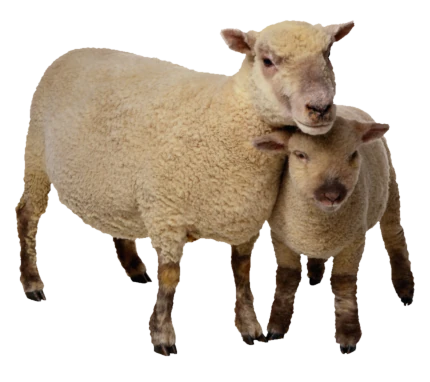By James Corcoran
Over the course of my lifetime, I have witnessed many societal changes here in the U.S. — from civil rights, to women’s liberation, to the peace movement, Earth Day, smoking bans, gay rights — all are historically significant. Today we are on the verge of another enormous social change. The trend is clear and the momentum is building as educated and caring people, particularly millennials, are beginning to see non-human animals as feeling individuals with their own desires and rights. They are shifting away from seeing them as property and resources for food, clothing, experimentation or entertainment.
As baby boomers learned early on, we don’t need a majority of Americans behind a cause to effect change; it occurs at a tipping point well below 50 percent. It actually requires almost single-digit percentage numbers to make change possible throughout the entire country. As cultural anthropologist Margaret Mead famously wrote, “Never doubt that a small group of thoughtful, committed citizens can change the world; indeed, it’s the only thing that ever has.”
Animal agriculture is wreaking havoc on Earth. With 7 billion-plus humans inhabiting the planet, we are running out of land and resources to produce animal foods for the masses. As Michael Pollan, author of The Omnivore’s Dilemma, says in the documentary Cowspiracy, our survival as a species depends on drastically reducing animal food consumption “to about two ounces a week.”
Other reasons people are embracing veganism are to feed the world’s hungry, preserve peace, conserve natural resources, improve health, achieve sustained weight loss, and to demonstrate love and compassion for all animals.
To illustrate the changes that are occurring, a few interesting way-markers include: the latest president of the American College of Cardiology, Dr. Kim Williams, is vegan; vegan ultra-marathoner, Scott Jurak, smashed the record for supported traverse of the Appalachian Trail; White Castle offers vegan veggie sliders nationwide; Subway has vegan sandwiches available at 1,000 locations (more to come) nationwide; Wendy’s is offering a black bean burger; IKEA introduced vegan meatless meatballs at all stores; Ben and Jerry’s is making a vegan ice cream line; a California school became the first in the country to go entirely vegan; Jon Stewart and wife Tracey are opening a farm animal sanctuary; life-altering documentaries like Cowspiracy, Forks Over Knives and Earthlings are streaming; U.S. meat consumption is down 10 percent in the last decade; and Stevie Wonder, Kalel Cullen, Bono, Liam Hemsworth and Miley Cyrus have gone vegan, joining dozens of other celebrities.
Social justice movements are tenacious, brazen and most importantly — successful. The number of vegans in the U.S., by one poll, is more than 22 million — relatively small in number but growing exponentially. Many of us baby boomers remember the enormous resistance we got from the “establishment” in the ’60s and ’70s. Today we are the establishment, and considering the far-reaching implications of our lifestyle choices, we now have to ask ourselves, what side of history do we want to be on?
James Corcoran lives in Santa Fe and is founder and co-organizer of Santa Fe Veg.

